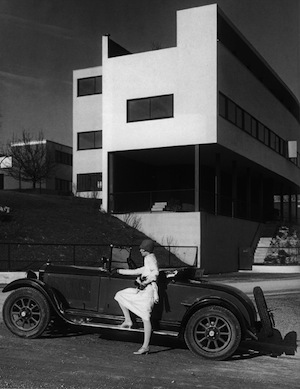Thus, each generation continues the story of its first twenty years. Someone born in the 1950s will think of May '68; born in the 1970s, the Berlin Wall or neoliberalism ; in the 1990s, the clash of civilizations, and so on.
The digital transition will mean computers for leaders born before 2000, while their younger counterparts will think of social networks. In our peaceful France, generations form a community, and the institution refers to age groups. Thus, resentment of discrimination can develop towards either the old or the young. Respect for experience and tolerance for novelty are necessary to acquire and require regular adaptation.
We are all, in one way or another, uprooted. The ability to communicate with people of other generations is a hallmark of a high civilization. Age communities are truly restricted only at the extremes of life : in school or in retirement homes.
Any project, if it wants to correspond to reality, must integrate this heterogeneity. This is, for example, what made the success of Ridley Scott's science fiction film "Blade Runner".
We cannot detach ourselves from this background, which naturally imposes itself, and which an artist must both disrupt and preserve. No one is ever ahead of their time, but perhaps ahead of the ideas of their contemporaries. We never know our future, but knowing the present is already a victory.

There is lived time and thought time: one can oppose the duration of experience and the perspective of the project. Movement, studied by Paul Virilio, is the modern response to the sensation of the loss of the passage of time.
There is also the time of progress and cyclical time; the time of waiting and the time of action. According to Lewis Mumford, the objectivity of time measurement was invented in the monasteries of the Middle Ages : this is the beginning of its separation from human time. However, the separation of days and their history forms a fundamental regularity of humanity.